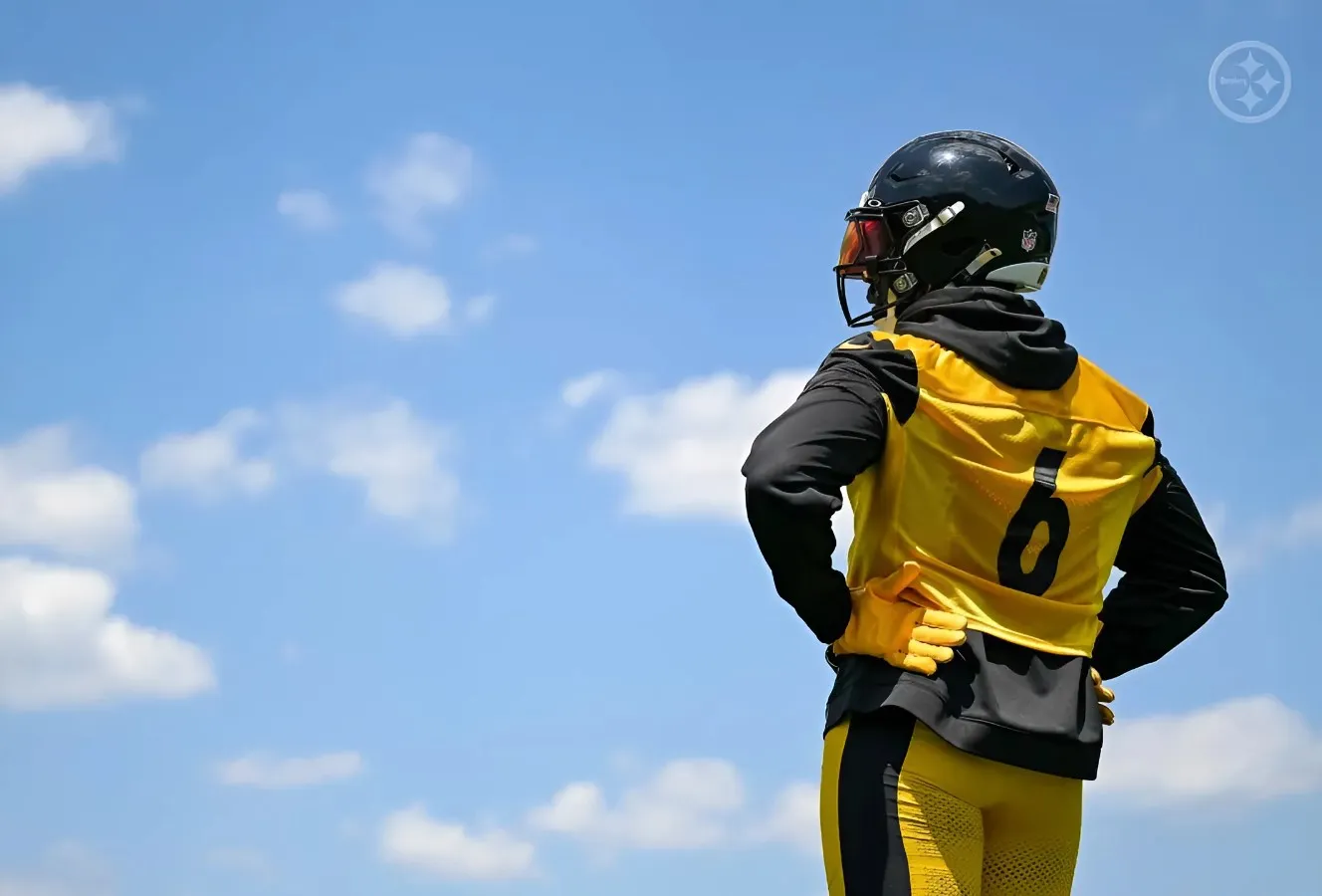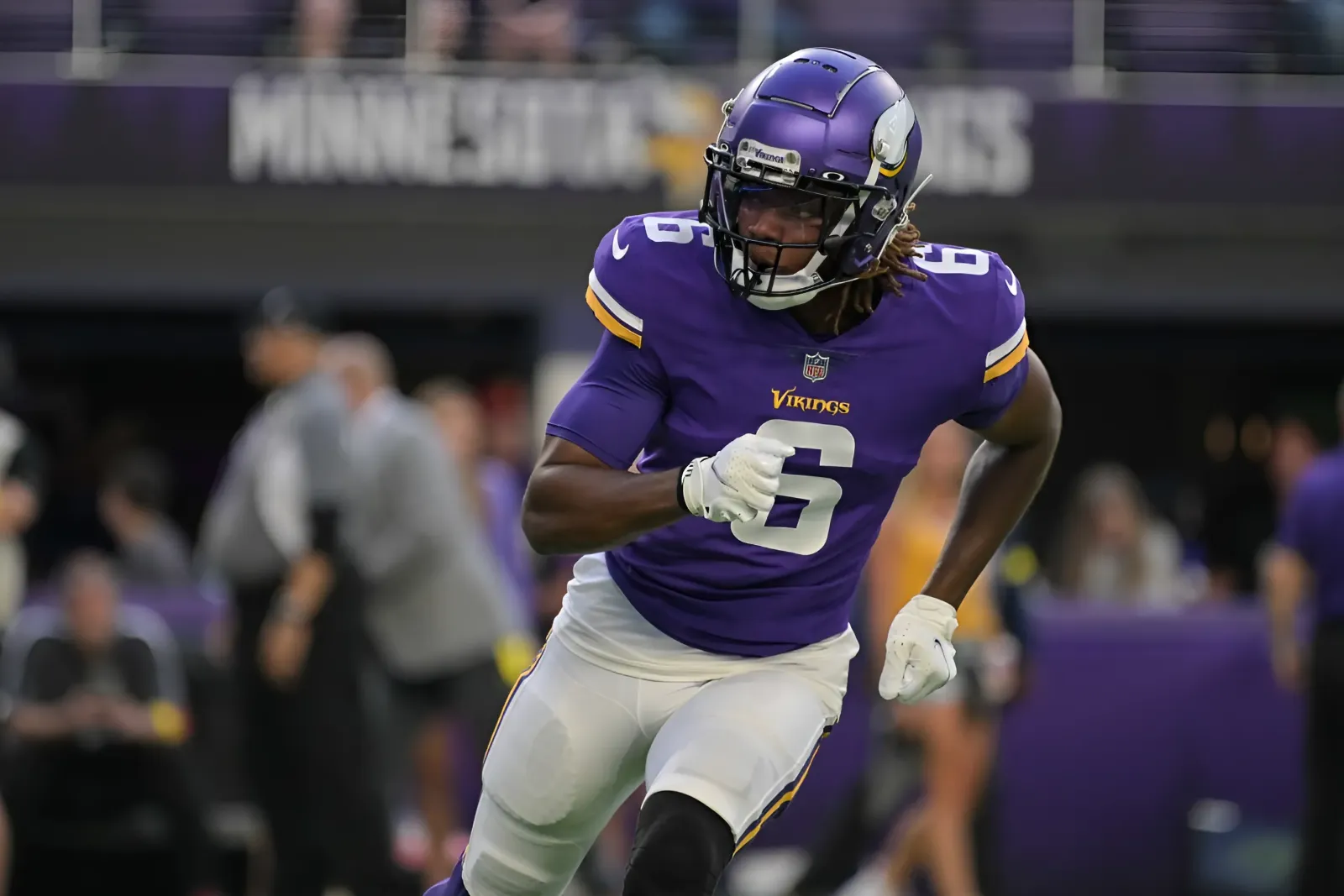The Bruins have long forged an identity as a hard-nosed defensive unit — operating at their best when herding opponents out of Grade-A ice and clogging up shooting lanes, even at the cost of a stinging shot off a shin pad.

But no Boston roster helmed by defensive pillars such as Zdeno Chara or Patrice Bergeron painted the same muted — and effective — canvas as the one crafted by the Bruins on Monday night. At least, that was the sentiment after glancing over the Capitals’ shot map at TD Garden. Washington is one of the top surprises in the league this year thanks to a suffocating forecheck and a propensity for peppering the net from high-danger areas.
The Capitals are third in the NHL in goals scored per contest (3.68) and sixth in high-danger scoring chances per 60 minutes (12.39). Even with top triggerman Alex Ovechkin on the mend due to a fractured leg, Washington has still scored four-plus goals in six of its last 16 games.
But on Monday, Washington generated next to nothing against a suffocating defensive effort by Boston.
Not only did Boston limit the Capitals to just one tally, Washington only managed 11 shots on goal in the Bruins’ eventual 4-1 win.
Monday marked the first time that the Bruins have limited an opponent to 11 shots or fewer on goal since Dec. 18, 1993 against the Tampa Bay Lightning — as well as just the seventh time in the franchise’s 100-year history that it held a team to 11 shots or fewer.
“What they end up with, 11 shots? That’s pretty good,” Charlie Coyle said postgame. “I think any time you give up 11 shots, you’re probably having a decent game.
“Whether it’s blocked shots, [Jeremy Swayman] doing his job when it gets to him, and maybe it’s clogging up the neutral zone and just playing good hockey and good support.”
Coyle is one of just three Bruins on the active roster who was alive the last time Boston limited a team to such a minuscule shot total, joining Brad Marchand and Jordan Oesterle.
For coach Joe Sacco, Monday’s defensive showcase was the most tangible piece of evidence yet that his team is buying into a simplified, stingy approach that has lifted Boston to an 11-4-1 record since he took over.
“There’s been a commitment from our players. There’s been a buy-in,” Sacco acknowledged. “We have a process that we go through every game, and they’re checking most of the boxes. I like the mindset of the group where we’re at right now. I like the way we’re defending.”
As a revamped line of Coyle, Brad Marchand, and Elias Lindholm eventually broke through with three third-period goals to help the Bruins pull away, the Caps found themselves stuck in the neutral down the other end of the frozen sheet.
At even-strength play, Washington only generated seven shots on goal. Boston blocked 17 shots in the win, headlined by Charlie McAvoy’s four.
Washington landed zero shots on net in Lindholm’s 12:28 of 5-on-5 reps, with sound puck protection from the pivot, and his linemates routinely killing plays in Boston’s end.
Much like Boston’s showing against a quick-strike Edmonton team last week (where the Oilers’ 2.33 expected goals rate was their fourth-lowest total of the year), Sacco’s players negated odd-man rushes via simple, smart plays with the puck and tenacious work along the boards.
Boston’s best stretch of play came seconds into the third period after Oliver Wahlstrom was assessed a five-minute major for boarding.
It served as an optimal spot for Washington’s power play — which entered Monday operating at 32.1 percent since Nov. 9 — to break what was a 1-1 stalemate.
But Washington didn’t even land a single shot on goal over that five-minute man advantage, with Boston blocking three shots and even attempting two shots of its own over the extended penalty kill.
“We were blocking shots, winning faceoffs — kept them on the outside,” Lindholm said. “I don’t think they had a single shot during the five minutes. So that’s the way we had to play, to be dialed in the details.”
It hasn’t always been perfect for Boston when it comes to committing to Sacco’s rigid system — as evidenced by an 8-1 blowout loss to Winnipeg on Dec. 10.
But Sacco’s emphasis on clamping down in high-danger ice has resonated in Boston’s underlying numbers.
Since Sacco’s first game as bench boss on Nov. 21, the Bruins are behind only the Panthers in 5-on-5 high-danger scoring chances allowed per 60 minutes (7.75).
Over these last 16 games, Boston has generated 139 high-danger looks at 5-on-5 while only relinquishing 101 in its own zone.
This Bruins roster still has its fair share of warts, with concerns over scoring hovering over a team that also lost David Pastrnak to injury Monday night.
But even if the Bruins aren’t going to light the lamp four times a night, they have the system and structure in place to make life miserable for the opposition.
It certainly won’t equate to 11 shots allowed, night in and night out.
But it’s a winning formula for a Bruins team that has started to find its identity amid a once-rudderless season.
“We didn’t force anything,” Marchand said. “We were really detailed defensively, and obviously capitalized on a couple of turnovers. That’s the way that we’ve been preaching to play in this room. That’s a very good team, and we didn’t give them a whole lot.”



